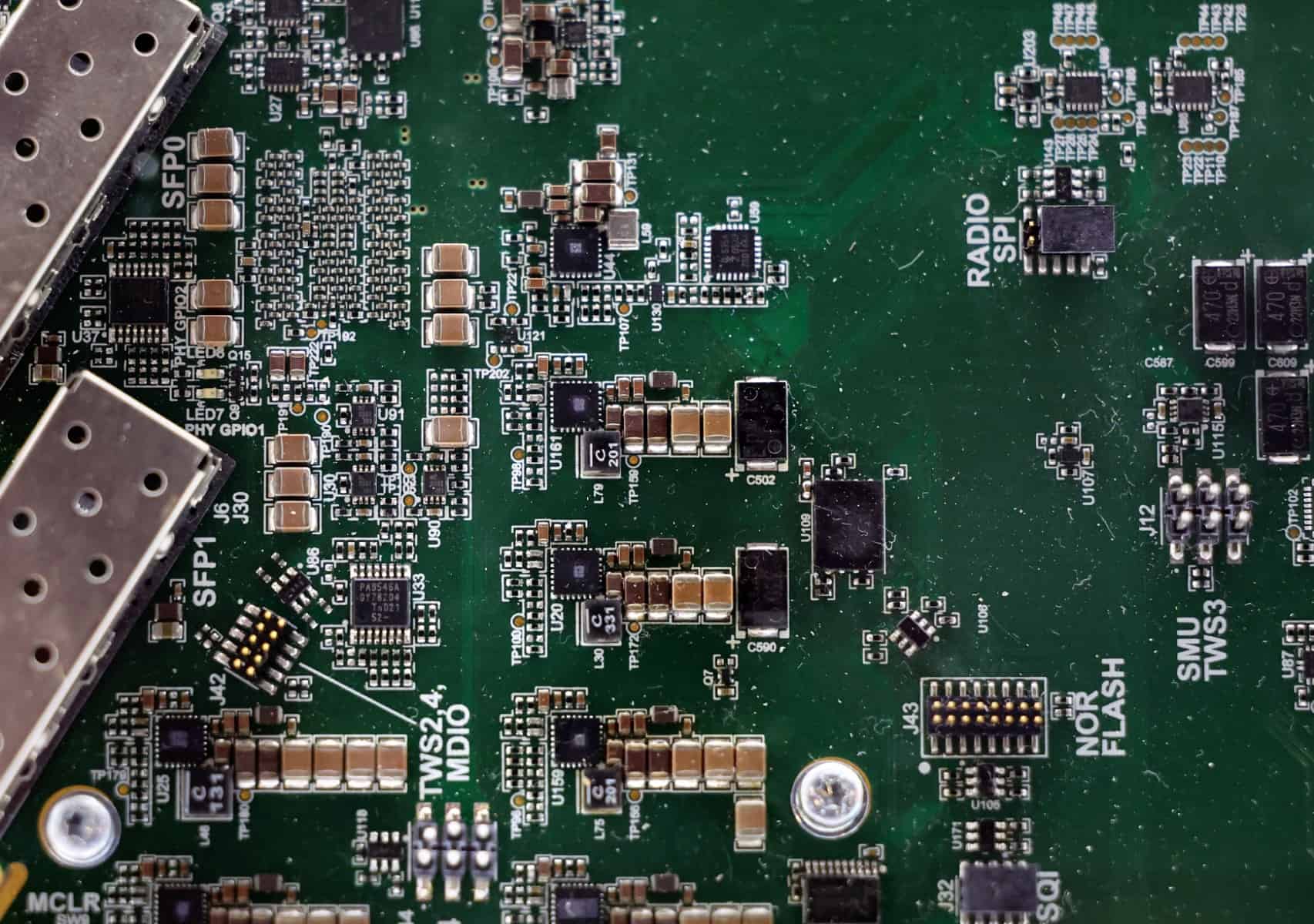BEIJING, CHINA – Chinese authorities have begun an investigation into leading US memory chipmaker Micron Technology, a decision Beijing’s foreign ministry said Monday was intended to “safeguard national security”.
The probe escalates an already fierce battle between Beijing and Washington for supremacy in the field of semiconductors as broader bilateral relations continue to deteriorate.
The decision was announced late Friday by China’s top cybersecurity regulator, which said in an online notice it would review products sold by Micron over “national security concerns”.
Foreign ministry spokesperson Mao Ning told a regular news briefing on Monday the investigation was a normal measure taken to “conduct network security reviews of internet products that affect or may affect national security”.
“Both Chinese companies and foreign companies operating in China must abide by Chinese laws and regulations and must not endanger China’s national security,” she said.
The Boise, Idaho-based Micron said in a statement it was “cooperating fully” with Chinese authorities, Bloomberg reported.
US authorities have in recent years sought to prevent the country’s advanced chip technology from being exported to China, imposing targeted controls on the ability of domestic industry leaders to sell their products overseas.
They have also sought to persuade key allies to follow suit.
The Netherlands and Japan – both leading manufacturers of specialized semiconductor technology equipment – have recently announced new restrictions on exporting certain products to China.
China has slammed the decisions as “US bullying tactics”, vowing that such controls will only strengthen its resolve to achieve self-reliance in the sector – a longstanding goal of Beijing, which has been investing vast sums in domestic chip technology firms.








